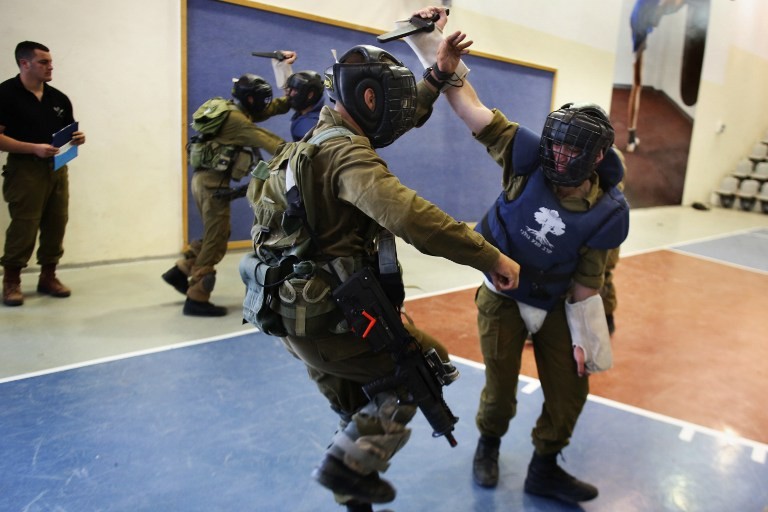


Article 34 (11) of the Penal Code (verbatim translation): NecessityĪ person shall not bear criminal liability for an act which was immediately necessary in order to save the life, freedom, person or property, be it his own or that of another, from a concrete danger of severe harm stemming from the conditions existing at the time of act, and having no other way but to commit it.


We have analysed the “lesser evil” principle incorporated in the provisions of the Code and have explained that the grave harm caused by hostile terrorist activities justifies counter-measures based on the need to take action within the meaning of Article 22, not only when such an act is imminent, but also as soon as it becomes virtual and likely to materialize at any moment. In the previous pages we have shown at length the vital importance that we attach to the protection of the principle of necessity in accordance with Article 22 of the Penal Code. Ĥ.13 Concerning methods of interrogating persons suspected of acts of terrorism. In a chapter which, for obvious reasons, will be included in the second, confidential, part of the report, we have compiled a set of directives for the attention of Service interrogators. Ĥ.8 These directives are scattered throughout various internal instructions of the Service they should be collected in a single document. These directives have been amended now and again, often at ministerial initiative and usually leading to the establishment of further safeguards in the use of physical coercion, to the point where authorized physical contact with the person under interrogation has been restricted to a minimum. As mentioned in the second part of this report, instructions regarding these limits have existed in the Service since the increase in the number of terrorism-related interrogations, inevitable in the wake of the Six-Day War. The interrogators of the Service must be instructed to set themselves definite limits in this regard, so as to avoid excessive physical coercion administered arbitrarily by the interrogator. Ĥ.7 Means of coercion should generally be limited to the psychological, non-violent aspect of intensive and prolonged interrogation and to the use of stratagems, including deceit, but if these means do not suffice, a moderate degree of physical coercion cannot be avoided. These persons are nevertheless entitled to humane treatment and, if they are brought to justice, to a fair and regular trial. This provision should be read together with Article 5 of the Convention, under which a protected person definitely suspected of or engaged in activities hostile to the security of the State is deprived of the rights and privileges conferred by the Convention, where the exercise of such rights would be prejudicial to State security. REPORT OF THE LANDAU COMMISSION – OCTOBER 1987Ĭommission of inquiry on interrogation methods employed by the General Security Services with regard to terrorist acts – Extracts from the report ģ.24 Article 31 of the Fourth Geneva Convention of 1949 relative to the Protection of Civilian Persons in Time of War, the humanitarian clauses of which Israel has undertaken to respect, stipulates: “No physical or moral coercion shall be exercised against protected persons, in particular to obtain information from them or from third parties”. Similarly, in some of the texts used in the case studies, the facts may not always be proven nevertheless, they have been selected because they highlight interesting IHL issues and are thus published for didactic purposes. They are nevertheless worthy of discussion, if only to raise a challenge to display more humanity in armed conflicts. As per the disclaimer, neither the ICRC nor the authors can be identified with the opinions expressed in the Cases and Documents. Some cases even come to solutions that clearly violate IHL.


 0 kommentar(er)
0 kommentar(er)
